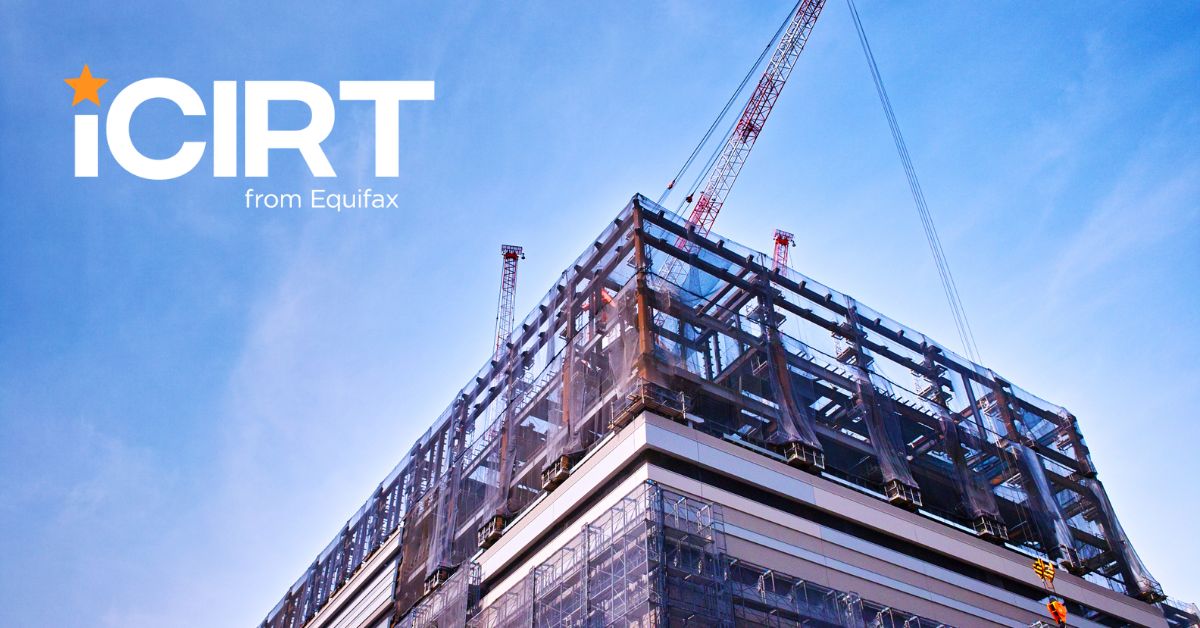
How to find reliable Aussie builders and developers
30 July 2025
How to find reliable Aussie builders and developers
How do you find reliable builders and developers in Australia when so many businesses are going under from the pressures of inflation, rising costs and economic uncertainty?
It’s a common concern for anyone investing in property, whether you’re buying off the plan, downsizing, renovating or building from scratch. In fact, YouGov research shows that 80% of Australians are worried about building companies going bust and 85% are concerned about the quality of work and potential defects.
Should Australians be concerned?
It’s completely understandable to worry if your builder or developer will actually finish the job. We’ve seen a five-year high in business insolvencies recently, with the construction sector particularly hit hard, recording over 1,700 failures in just the first half of this year+.
The last thing anyone wants when pouring their hard-earned money into a property is an unfinished build, shoddy workmanship or a builder or developer who simply vanishes. Dealing with defects after you’ve moved in can be stressful and expensive, especially if the business responsible has gone under.
You want to steer clear of dodgy builders at all cost, but how do you really check their reputation and tell if the business is genuinely trustworthy? It’s tough to do thorough due diligence and builder background checks when all you have to go on are their websites and slick marketing.
How to check a builder or developer’s reputation
Transparency is key when choosing a reliable builder or developer. The iCIRT independent rating system, developed by Equifax with industry and government input, provides property buyers and investors with a data-driven perspective on a company’s trustworthiness. Builders and developers undergo a rigorous evidence-based assessment, where their openness is key. This involves a wide range of documentation and data points, agreeing to thorough background checks, and being transparent about their business operations, past projects, and any related parties.
The iCIRT assessment actively looks for early warning signs of financial trouble, such as project delays affecting profits, high debt, operating losses, or declining sales. The iCIRT assessment process has successfully identified companies at risk over a year before they actually went bust, with iCIRT data showing that 90% of construction insolvencies had a high-risk profile at least 12 months prior to collapse, leading to a significant drop in their rating.
The 6 C’s of due diligence for checking a builder or developer
Just because a builder or developer is large, has flashy marketing, or a well-known reputation doesn't automatically mean they're low risk. The iCIRT assessment process digs deeper, addressing questions like:
- Have they consistently and reliably delivered quality homes in the past? Do they partner with trustworthy businesses?
- Have they been involved in legal disputes or company collapses?
- And do they have the resources and integrity to see your project through?
iCIRT ratings are based on an objective and independent assessment across six main areas:
#1. Character: This looks at whether the key people behind the business have the right experience, skills, and credentials, and haven't been involved in fraud, criminal activity, or personal bankruptcy.
#2. Capability: This measures their operational maturity and consistent delivery of quality projects, encompassing past performance, processes, oversight and quality assurance commitment.
#3. Conduct: This covers how the company has operated historically, including its track record, any judgements against them, outstanding tax debt, past incidents or regulatory penalties.
#4. Capacity: This checks if the company has a steady stream of projects, stable operations, enough readily available funds, and healthy cash flow to manage their commitments.
#5. Capital: This assesses their financial stability, including their ability to borrow and manage debt.
#6. Counterparties: This checks whether the partners and suppliers they work with are reliable too.
If a company has an iCIRT rating, it means they’ve earned their trustworthy credentials and are more likely to produce a reliable outcome.
The publicly available iCIRT Register lists builders, developers and other construction professionals who have achieved an iCIRT rating and have agreed to share it publicly.
Protect yourself from dodgy builders and developers
If you choose a builder or developer without an iCIRT rating, you could face:
- Uncertainty about whether your project will be finished and if the company is financially sound.
- The risk of poor construction quality and potential defects, which could lead to higher costs down the track.
- Possible delays and difficulties in getting issues fixed.
- Increased financial risk and stress throughout the entire building process.
In today's climate of heightened business failures, protecting your property investment starts with making smart choices about who you work with. Before you sign any contracts, make sure you ask your builder or developer if they are iCIRT rated.
If they haven’t been rated yet, you can ask your builder or developer to get rated as evidence of their capability, integrity and reliability. This simple step could help ensure your journey to a new home or investment property is built on a solid and trustworthy foundation.
+Equifax Data Insights Q2 2025
Disclaimer: The information provided in this article is intended for informational purposes only and should not be construed as financial advice. Readers are strongly advised to seek independent professional advice tailored to their specific circumstances and requirements.
